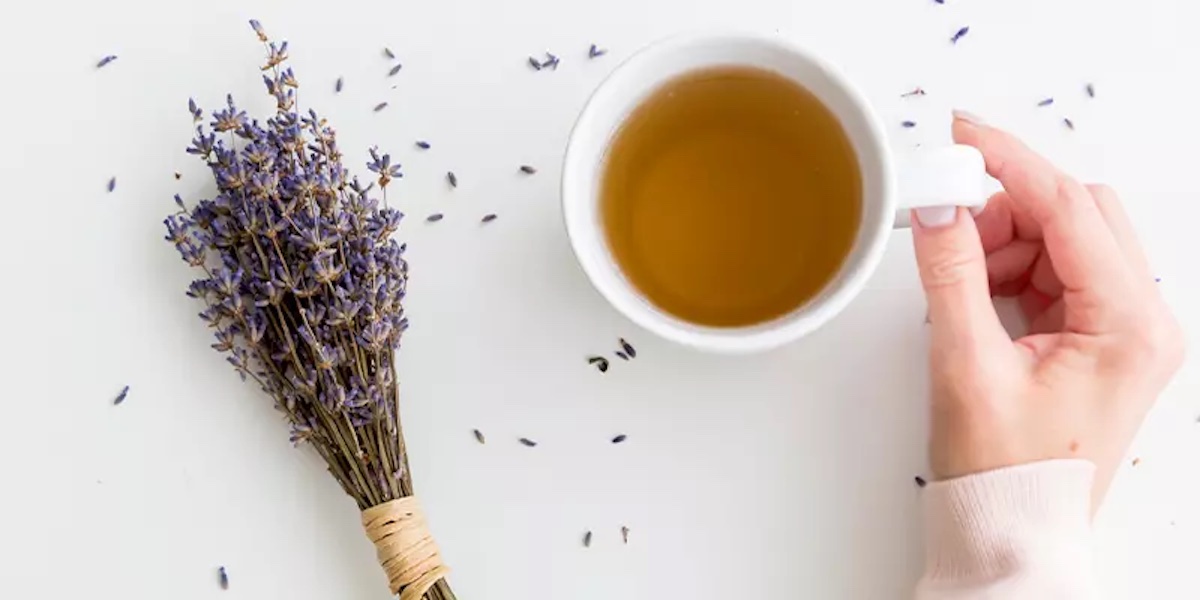7 Teas to Help Relieve Headaches Naturally

Relieve Headaches Naturally: Some herbal teas may help relieve and prevent headache symptoms. Though appropriate for most, certain herbs may be unsafe during pregnancy, breastfeeding, or when taking certain medications.
Talk to a healthcare provider before trying tea or natural products for headaches. Various herbal teas have properties that help relieve pain, inflammation, and nausea caused by headaches.
1. Ginger Tea
Ginger root is a common spice and food ingredient with a peppery, aromatic flavor. Researchers found that taking ginger extracts or supplements reduced migraine headaches and other symptoms two hours after the attack. Ginger is an antioxidant that reduces inflammation, an immune response that can trigger pain.
Ginger tea is often recommended for nausea and vomiting associated with pregnancy or chemotherapy, and may also be helpful for headache-related nausea.
2. Chamomile Tea
Relieve Headaches Naturally, There’s evidence that certain compounds in chamomile reduce inflammation, which can help with headaches.
While there is no research to support chamomile tea for headache pain, topical formulations may help with migraine (recurring, severe, often one-sided headaches). Research also shows that it helps with anxiety and depression, which can trigger headaches.
3. Willow Bark Tea
The bark of willow trees has been used as a pain medication worldwide for over 3,500 years. It contains salicin, which the body breaks down into salicylic acid, the active ingredient in medications that relieve pain and swelling, such as aspirin.
Some studies show that willow bark is effective for chronic back and joint pain due to osteoarthritis (swollen joints). However, there’s little direct evidence that willow bark tea helps with headaches.
4. Feverfew Tea
Feverfew tea is made from the daisy-like flowers of a perennial plant, native to Turkey and common in central Europe. Feverfew extracts and teas help promote blood flow, which may help manage migraine.
While little is known about the effects after headaches set in, there is scientific evidence that regularly taking feverfew may prevent migraine attacks. Though results are mixed, several studies show that this herb reduced the number of migraines and the severity of symptoms.
5. Clove Tea
Cloves are dried flower buds of a tree native to Indonesia. They add an aromatic, sharp flavor to tea. In addition to anti-inflammatory properties, compounds in cloves have antinociceptive properties, which means that they act on nerve pathways and parts of the brain associated with pain perception.
Relieve Headaches Naturally, Though there’s little evidence that drinking clove tea treats headache pain, there may be benefits. One study showed clove extract aromatherapy eased post-surgery headaches.
6. Lavender Tea
Lavender is an evergreen, bushy plant native to Mediterranean climates, known for its sweet aroma. There’s evidence that lavender extracts and teas help with anxiety and depression, and may help improve sleep quality.
Though there’s little evidence that lavender tea relieves headaches, aromatherapy with this herb may effectively prevent migraine. In one study, three months of regular treatment led to less frequent and intense migraines.

7. Peppermint Tea
Many people use peppermint to help with digestion, irritable bowel syndrome (IBS), muscle tension, nausea, and headaches.
Studies haven’t linked peppermint tea to headache relief, but extracts may work.
In one small study, researchers found that peppermint oil taken with a nasal inhaler was as effective as lidocaine (a painkiller) in reducing the intensity of migraines.
Separate research found that applying topical peppermint to the temples can relieve tension headaches.
Are Herbal Teas Safe to Drink?
Drinking herbal tea is typically safe. However, depending on the tea, specific populations may have risks. Talk to your healthcare provider before trying herbs or natural remedies for headaches.
Here’s what is known about safety:
Ginger: Ginger is generally risk-free and safe during pregnancy, though you should talk to your provider first. It may interact with certain medications.
Chamomile: While it is typically safe for adults and children, chamomile’s safety if you’re pregnant or breastfeeding hasn’t been established. It may interact with blood-thinners like warfarin and sedatives.
Willow bark: Willow bark may not be safe for children, during pregnancy, or when breastfeeding. It may also increase bleeding in certain people, including those allergic to aspirin.
Feverfew: Feverfew is not recommended during pregnancy or while breastfeeding. It can cause side effects for people allergic or sensitive to ragweed or similar plants. Feverfew may affect how specific medications work, including those to treat migraine.
Clove: When taken by mouth, clove is internationally recognized as safe for children and adults. Topical applications may lead to side effects.
Lavender: There are no reported risks associated with consuming lavender. However, pregnant or breastfeeding people should discuss its use with a provider, as safety risks among their populations are unknown.
Peppermint: Drinking peppermint tea or consuming other forms of this plant is safe for children and adults. It’s probably safe during pregnancy or breastfeeding, though more research is needed to confirm this.
When to Get Help for Headache
Headaches can negatively impact your quality of life, and, in some cases, signal severe health conditions. Get medical help for headaches if you experience the following:
A headache that’s worse than any before, even if you regularly have them
A sudden, explosive, or violent headache (a medical emergency)
Changes in your headaches
Fever, stiff neck, and nausea
Headache following a head injury
Headaches that significantly interfere with your daily life
Severe headache and redness in one eye
Slurred speech, vision changes, difficulty moving arms and limbs, loss of balance, confusion with headache
Worsening headache
Also Read:
7 Surprising Benefits of Drinking Apple Cider Vinegar Before Bed You Need to Know
10 Serious Side Effects of Drinking Too Much Caffeine




